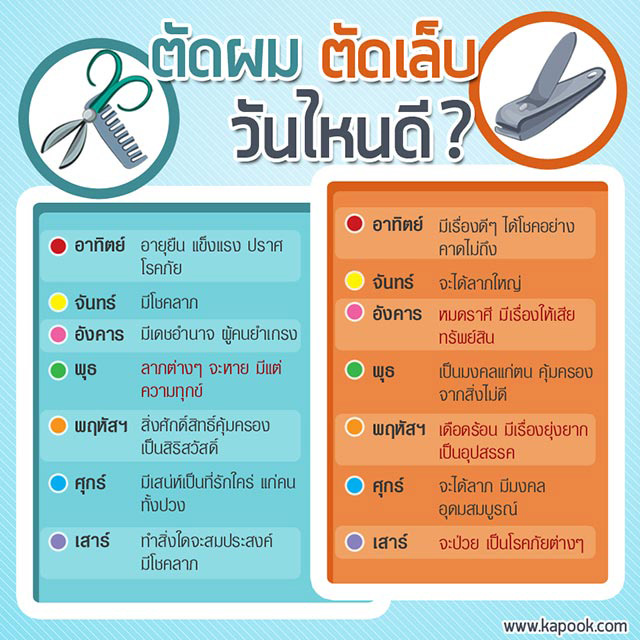ป้ายกำกับ: Pregnancy Beliefs
Pregnancy Beliefs: Exploring the Myths and Truths About Expecting Mothers
Have you ever wondered why pregnant women are told to avoid certain foods or activities? Or why some cultures believe in specific rituals during pregnancy? These are all part of the fascinating world of pregnancy beliefs, passed down through generations and influenced by various factors like culture, tradition, and even scientific advancements.
In this article, we’ll dive into the captivating realm of pregnancy beliefs, exploring the common myths and their origins, along with the scientific evidence behind them. We’ll also discuss the impact of these beliefs on expectant mothers and their families, and how to navigate the complexities of choosing what’s best for you and your growing baby.
Where Do Pregnancy Beliefs Come From?
Pregnancy beliefs are rooted in a rich tapestry of human history and culture. They are shaped by:
- Folklore and Tradition: Many beliefs have been passed down through generations, often based on anecdotal observations or cultural practices. For example, the belief that eating certain foods like spicy chili peppers can cause a baby to be born with a lot of hair is a popular myth in many cultures.
- Scientific Advancements: While some beliefs are steeped in tradition, others are influenced by evolving scientific understanding. For instance, the belief that expectant mothers should avoid raw fish due to the risk of parasites is supported by medical evidence.
- Personal Experiences: Sometimes, pregnancy beliefs are based on personal experiences or the experiences of friends and family. These anecdotes can lead to a mix of helpful advice and unfounded myths.
Common Pregnancy Beliefs: Separating Fact from Fiction
Let’s explore some common pregnancy beliefs and examine their validity:
1. Cravings During Pregnancy:
Many pregnant women experience intense cravings for specific foods. While cravings are often attributed to a hormonal shift, there’s no scientific evidence to prove a link between cravings and specific food needs during pregnancy. While it’s tempting to indulge in cravings, it’s important to ensure that your dietary choices are balanced and nutritious.
2. Avoid Eating Spicy Foods:
The belief that spicy food can cause miscarriage or premature birth is unfounded. There’s no evidence to support this claim, and moderate consumption of spicy foods is generally considered safe during pregnancy. However, it’s always a good idea to consult your doctor if you have any concerns.
3. Pregnancy Glow:
The belief that pregnant women radiate a special glow is a charming myth. The hormonal changes during pregnancy can cause skin to become more sensitive and prone to acne or other skin conditions. However, some women experience increased blood flow and a healthier complexion, leading to a radiant appearance.
4. Carrying Low Means a Girl, Carrying High Means a Boy:
The belief that a woman’s baby bump shape can predict the baby’s gender is a common myth. The position of the baby in the womb and the mother’s body type can influence the shape of the belly.
5. Don’t Cut Your Hair During Pregnancy:
The myth that cutting hair during pregnancy can harm the baby is a superstition with no scientific basis. Hair growth is not affected by pregnancy, and there’s no evidence to support any link between hair cutting and adverse pregnancy outcomes.
6. Sleeping on Your Back Can Harm the Baby:
While it’s true that sleeping on your back can put pressure on the vena cava (a major vein carrying blood back to the heart), it’s not necessarily harmful to the baby. However, if you experience discomfort or shortness of breath while sleeping on your back, it’s best to switch positions.
The Impact of Pregnancy Beliefs
Pregnancy beliefs can have a significant impact on expectant mothers and their families. They can:
- Influence Dietary Choices: Some beliefs may lead to restrictive diets, which can be detrimental to the mother’s health and the baby’s development.
- Cause Stress and Anxiety: Worrying about adhering to certain beliefs can add unnecessary stress and anxiety during pregnancy.
- Lead to Unrealistic Expectations: Some beliefs can create unrealistic expectations about what to expect during pregnancy, leading to disappointment or confusion.
Navigating Pregnancy Beliefs: A Guide for Expectant Mothers
It’s important to approach pregnancy beliefs with a critical eye. Here are some tips for navigating this complex landscape:
- Consult Your Doctor: Your doctor is the best source of accurate information about pregnancy and any potential risks or concerns.
- Question Tradition: While tradition can be valuable, it’s crucial to question beliefs that lack scientific evidence.
- Focus on Evidence-Based Information: Seek information from reliable sources like medical journals, reputable websites, and qualified healthcare professionals.
- Trust Your Instincts: Ultimately, you know your body and your baby best. Listen to your instincts and make choices that feel right for you.
Embracing the Journey
Pregnancy is a transformative experience, filled with both joy and uncertainty. As you navigate this incredible journey, remember that you’re not alone. Connect with other expectant mothers, share your experiences, and create a supportive community. By staying informed and making choices based on evidence and your own instincts, you can embrace the journey of pregnancy with confidence and joy.
secondary keywords: Pregnancy myths, pregnancy superstitions, pregnancy traditions, pregnancy folklore, pregnancy advice
